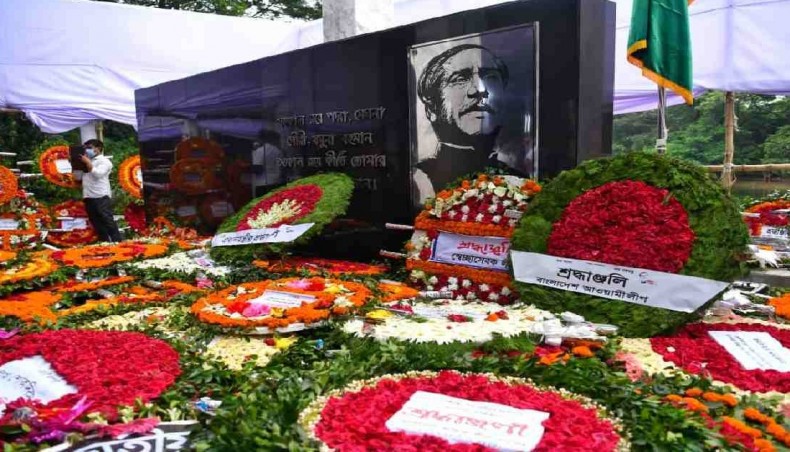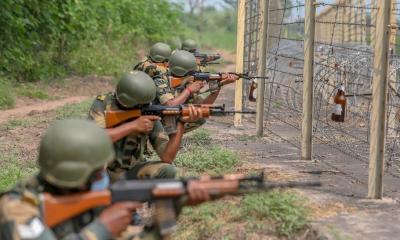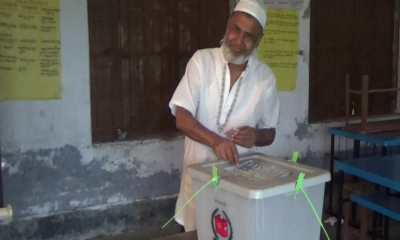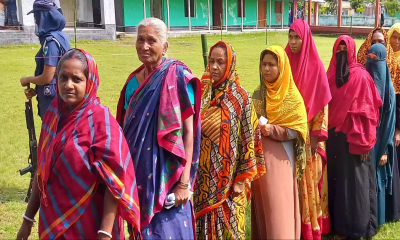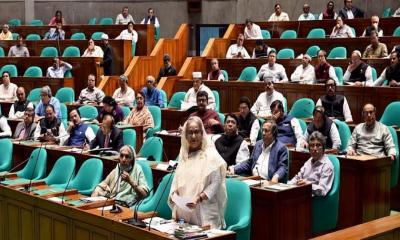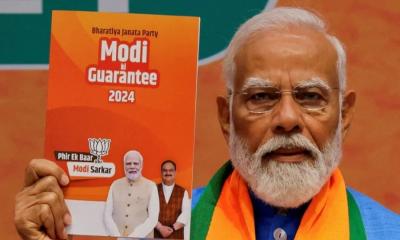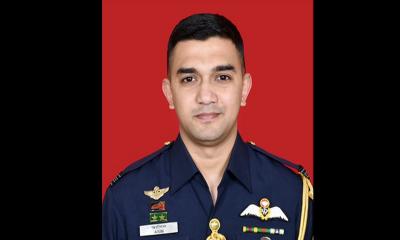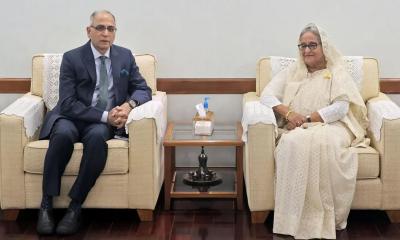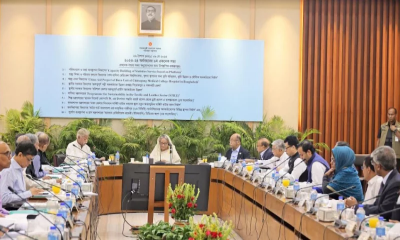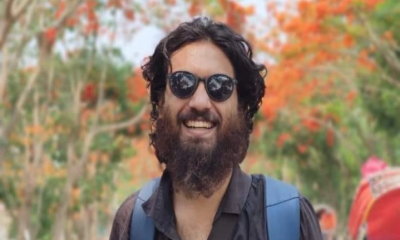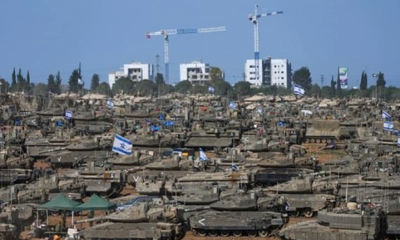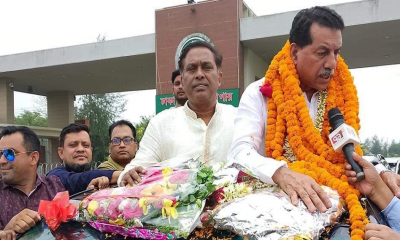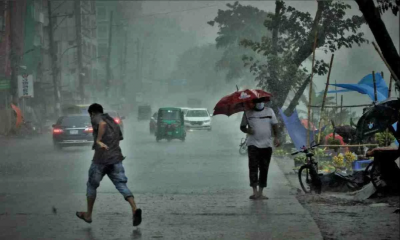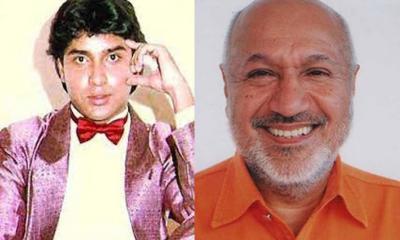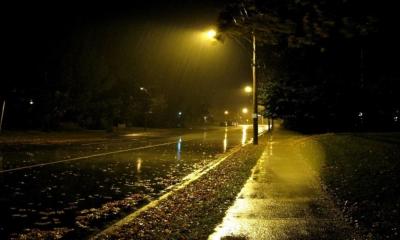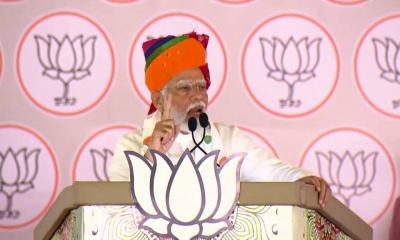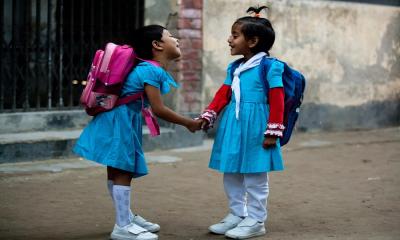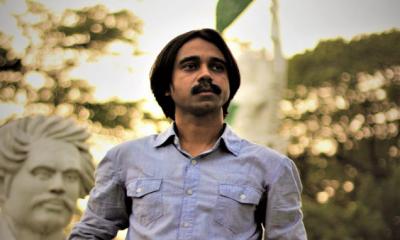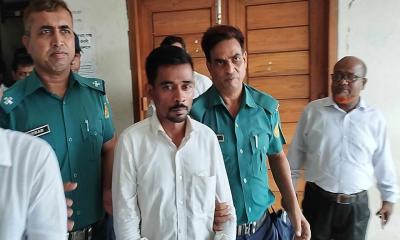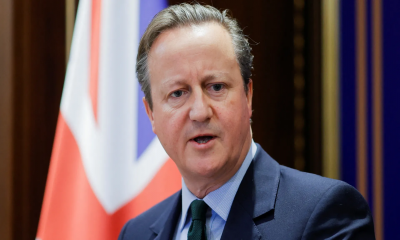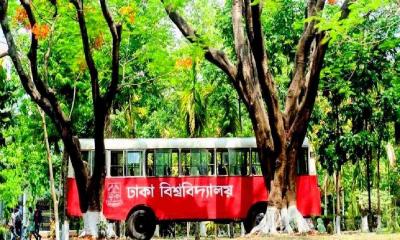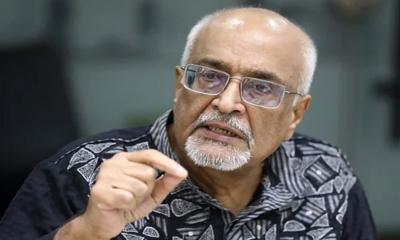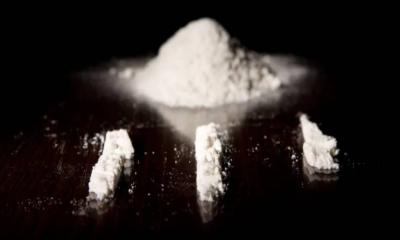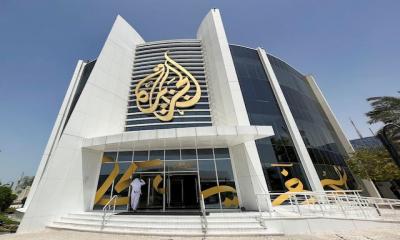People across Bangladesh observed National Mourning Day on Monday in a befitting manner.
On this day in 1975, the country’s founding president Sheikh Mujibur Rahman and most of his family members were assassinated by a cabal of military men.
Eighteen members of Mujib’s family, including his wife Sheikh Fazilatunnesa Mujib, three sons — Captain Sheikh Kamal, Lieutenant Sheikh Jamal and 10-year-old Sheikh Russel, two daughters-in-law Sultana Kamal and Rosy Jamal, brother Sheikh Naser, peasant leader Abdur Rab Serniabat, youth leader Sheikh Fazlul Haq Moni and his wife Arzu Moni, Baby Serniabat, Sukanta Babu, Arif and Abdul Nayeem Khan Rintu were killed on that fateful night.
Sheikh Mujib’s military secretary Brigadier General Jamil was also killed. Several members of a family in the capital’s Mohammadpur area were killed by artillery shells fired by the killers on the same day.
Mujib’s two daughters - Sheikh Hasina, now the prime minister, and Sheikh Rehana — luckily survived the massacre as they were abroad at that time.
The government, various socio-cultural, political and professional organisations, including ruling Awami League and its associate bodies, chalked out programmes to observe the day.
President Abdul Hamid and prime minister Sheikh Hasina paid homage to the nation’s founding president by placing wreaths at the portrait of Mujib in front of Bangabandhu Memorial Museum at Dhanmondi Road No. 32 in the capital in the morning.
The PM also paid homage to the Sheikh Mujib by placing a wreath at his mazar at Tungipara in Gopalganj at about 10:00am.
Special doa and munajat will be held in the mosques across the country after Zohr prayers marking the occasion.
Marking this day, president Abdul Hamid and prime minister Sheikh Hasina issued separate messages.
In his message, president Abdul Hamid, said, ‘Bangabandhu was uncompromising in establishing fundamental human rights and independence. He, even on the gallows, upheld the interest of Bangla and Bangalees. Ignoring the blood-curdling eyes of the then Pakistani rulers, Bangabandhu delivered a historic speech on 07 March in 1971 before a mammoth gathering at the then Race Course Maidan.’
‘Bangabandhu has made an outstanding contribution in establishing world peace along with equality, friendship and democracy throughout his life. He was a symbol of independence and ambassador of freedom for oppressed and exploited people in the world.’
The assassins killed the Mujib but could not erase his principles and ideals, he said adding Sheikh Mujib would remain an eternal source of inspiration not only for millions of Bangalees in this country, but also for freedom-seeking people of the world.
In a message, prime minister Sheikh Hasina, said, ‘Under the visionary and strong leadership of the father of the nation, the Bangalee Nation broke the shackles of subjugation and snatched away our great Independence. The anti-liberation clique killed Bangabandhu Sheikh Mujib at a time when he was engaged in the struggle of building a Golden Bangladesh by reconstructing the war-ravaged country.’
Through the murder of Bangabandhu Sheikh Mujib, the defeated forces of the Liberation War made ill-attempts to ruin the tradition, culture and advancement of the Bangalee Nation, she said adding the aim of the killers was to break the state structure of a secular democratic Bangladesh and foil our hard-earned Independence.
‘The anti-liberation forces involved in the carnage initiated the politics of killing, coup and conspiracy in the country right after the 15 August 1975.’
‘Let’s turn our grief of losing Bangabandhu Sheikh Mujib into our strength. Let’s build a non-communal, hunger-poverty-free prosperous Bangladesh as dreamt by the father of the nation through reflecting the glory and ideals of his long struggling life in our actions; this should be our firm pledge on this National Mourning Day,’ she said.


